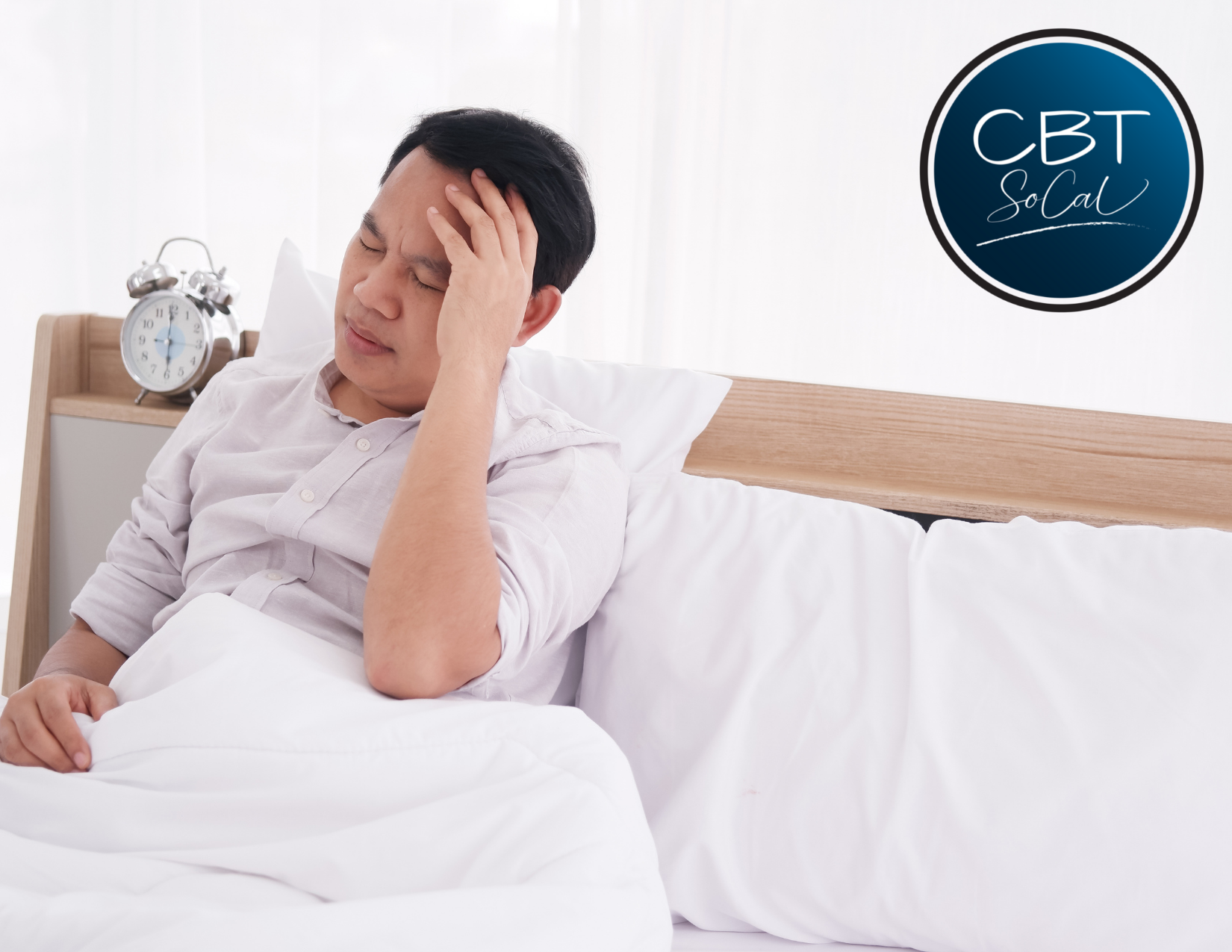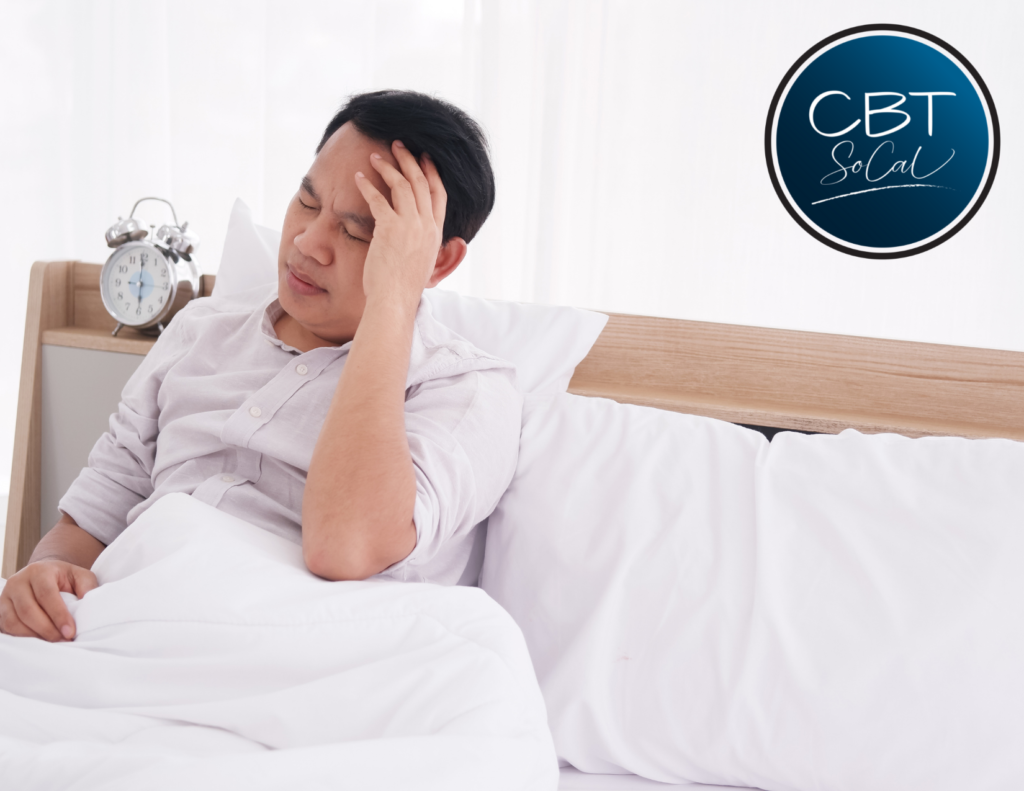Is daylight saving time bad for your mental health?


For many, the switching between daylight saving to standard time, or vice versa, can bring up feelings of dread over the disruption to their sleep schedule. This disruption can lead to drastic, albeit short-term, effects to people’s physical and mental health. Recently, the American Academy of Sleep Medicine (AASM) published a statement on daylight saving time in the Journal of Clinical Sleep Medicine.
The AASM is a professional association that aims to help people improve their sleep health through advances in sleep care as well as advocating for public policy that facilitates sleep health. Daylight saving is the time period between the spring and fall in which the clock is set one hour ahead of standard time.
How does daylight saving time affect your health?
The abrupt transition between daylight saving and standard time can have dramatic effects on people’s health. Following the transition and subsequent sleep disruption, people are at a greater risk of heart attack, stroke, and acute atrial fibrillation. Acute sleep disruption characteristic of the time change is also related to cellular inflammation, increased heart rate, and higher blood pressure.
How does daylight saving time affect your mental health?
It is likely that the sleep disruption linked to daylight saving time disrupts the functioning of the frontal lobe and leads to impaired decision-making. There is historical evidence of volatility in the stock market on the Monday following the time change. Alarmingly, the time change is also associated with mood disturbance and suicide.
What helps people deal with disruptions to their sleep?
Most of the time acute sleep disruptions will resolve by themselves without any deliberate interventions. However, it is not unusual for an acute sleep problem to become a chronic one. Cognitive behavioral therapy for insomnia (CBT-I) is the gold standard treatment for people suffering from a long-term lack of sleep. Someone participating in CBT-I learns how their beliefs and behavior affect their sleep and learn healthy sleep strategies.
If you have a history of difficulty sleeping, you might benefit from CBT for insomnia (CBT-I). Contact us to find out how CBT-I could help you.

Dr. Jason von Stietz specializes in Cognitive Behavior Therapy and Sport/Performance Psychology in Torrance, CA. He provides online therapy (telehealth) by way of the Torrance office and is available for a free initial phone consultation. Dr. von Stietz works with individuals from Long Beach, the greater Los Angeles area, and the South Bay including Palos Verdes, Redondo Beach, Hermosa Beach, Manhattan Beach, El Segundo and all over California.
